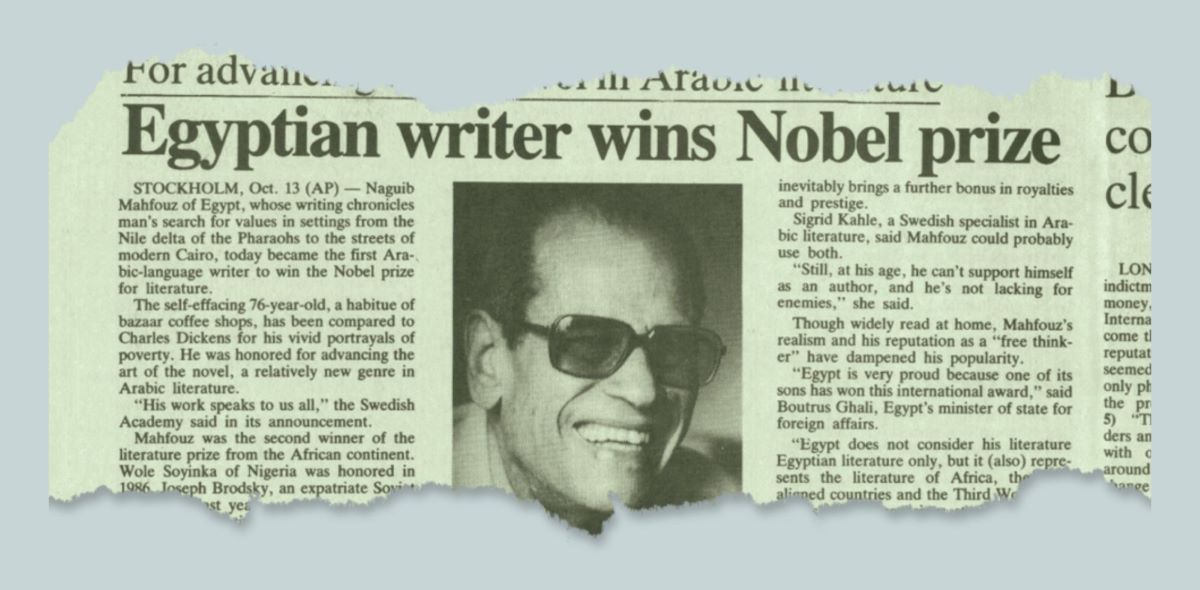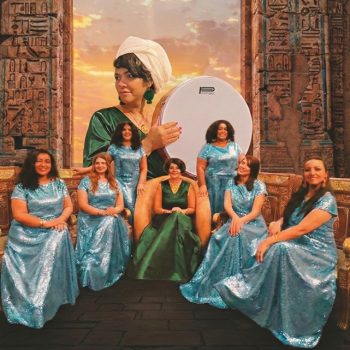via Arab News
Egypt's vibrant history is full of groundbreaking milestones, each marking a significant first in the realms of sports, culture, arts, and beyond. From pioneering Olympic participation in 1912 to the enchanting melodies resonating from Africa's oldest opera house, Egypt has continually made its mark on the global stage. This rich legacy extends through cinematic breakthroughs, historic football achievements, Nobel Prize accolades, and pioneering medical surgeries, each contributing to the nation's illustrious heritage.
Egypt's rich history of firsts spans diverse fields, each milestone reflecting a commitment to excellence and innovation and shaping the nation's legacy on the global stage. As Egypt continues to forge new paths, these firsts remain testaments to its enduring influence and contributions. So, join us as we celebrate these remarkable firsts:
First Participation in the Olympics (1912)
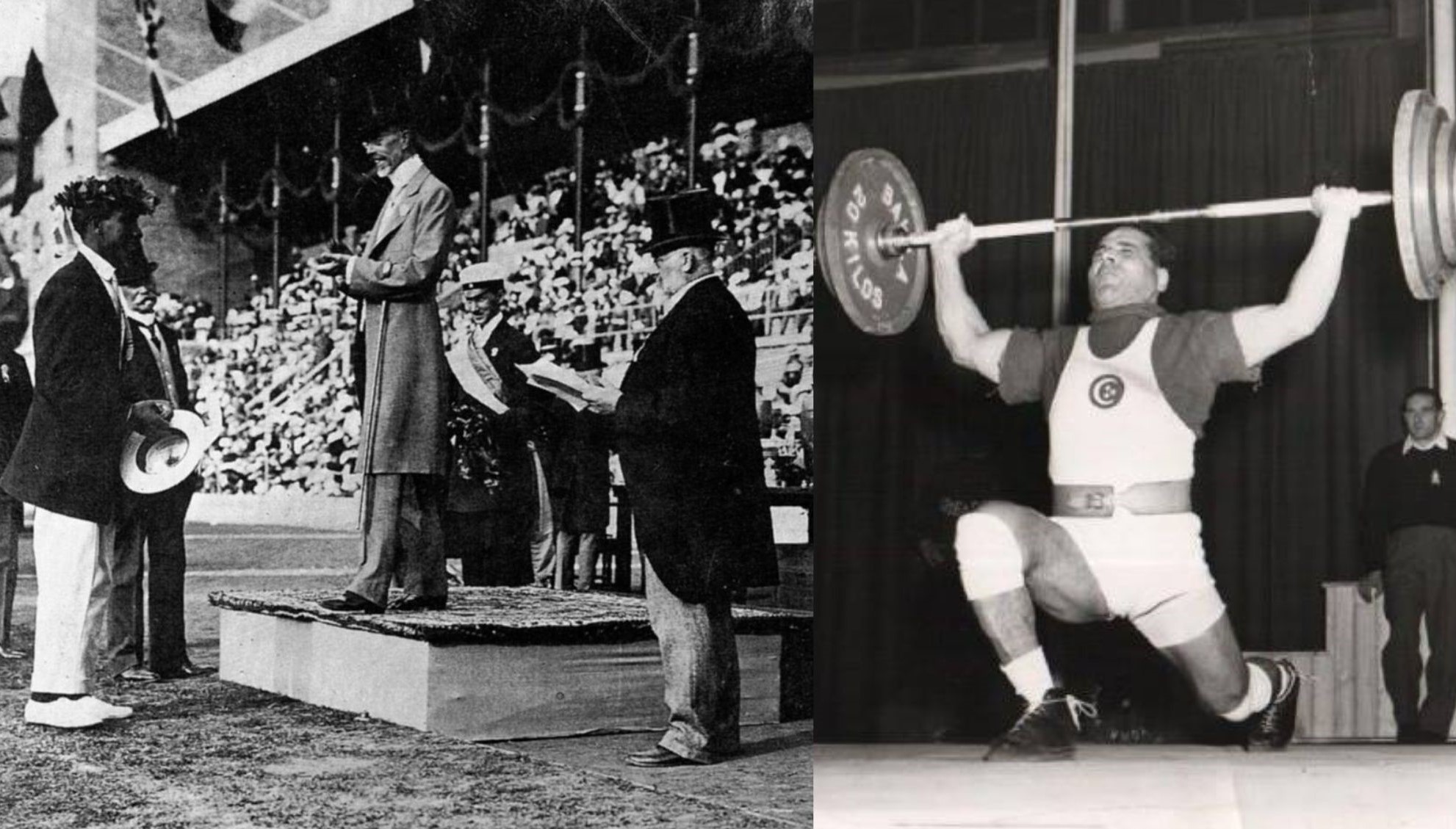
via Olympstats & Wikimedia
Egypt made its Olympic debut in 1912, marking the beginning of a long history in the Summer Games. Throughout the years, Egyptian athletes have participated in most editions of the Summer Olympics. Meanwhile, their presence at the Winter Olympics has been minimal, with a lone alpine skier representing the nation in 1984. Over the years, Egyptian athletes have amassed a total of 38 medals, with weightlifting being the most successful sport.
First Feature Film Release (1927)
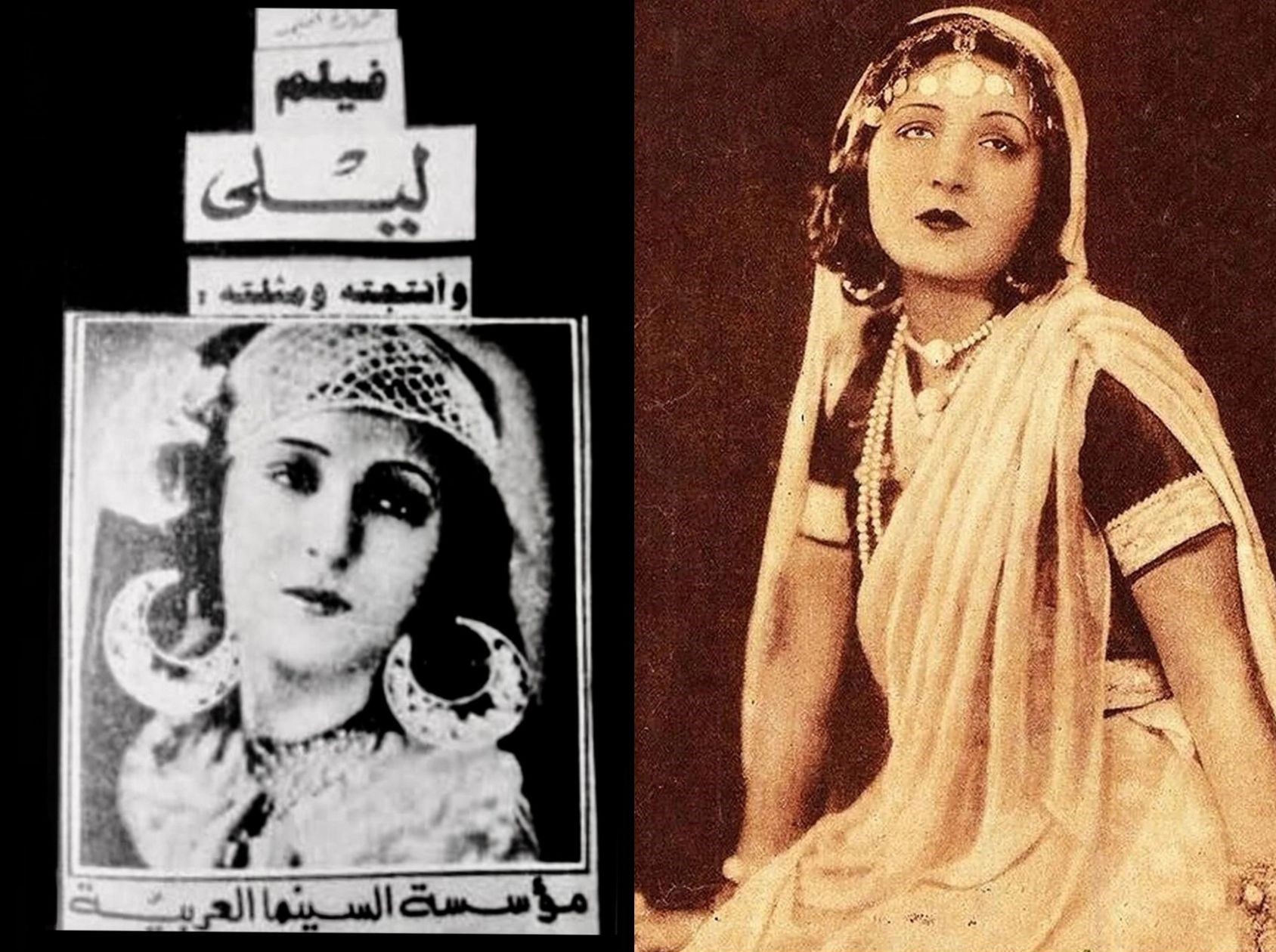
via Wikimedia & Golden Globes
The establishment of Studio Misr in 1935 ushered in a new era for Egyptian cinema. However, the journey began earlier with the release of Egypt's first full-length feature films, Qobla Fi El Sahara and Layla, both in 1927. These films laid the foundation for a growing film industry. By the early 1930s, sound was introduced, leading to the production of comedies, melodramas, and musicals.
First World Cup Participation (1934)
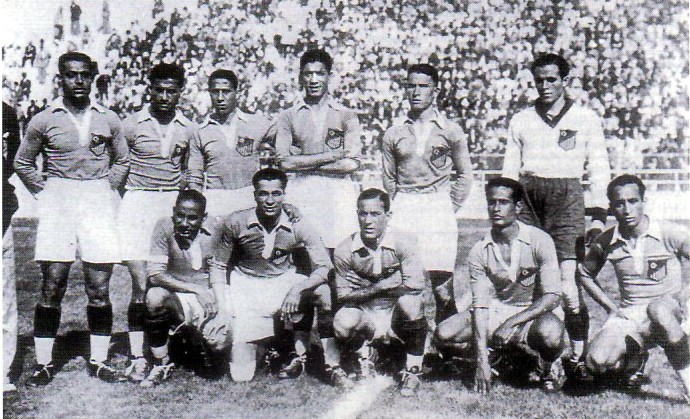
via KingFut
Egypt made history by being the first African country to qualify for the FIFA World Cup in 1934. They defeated Mandatory Palestine to secure their spot. In their debut match, they lost to Hungary 4–2, with forward Abdulrahman Fawzi scoring both goals for Egypt.
First Opera House (1869)
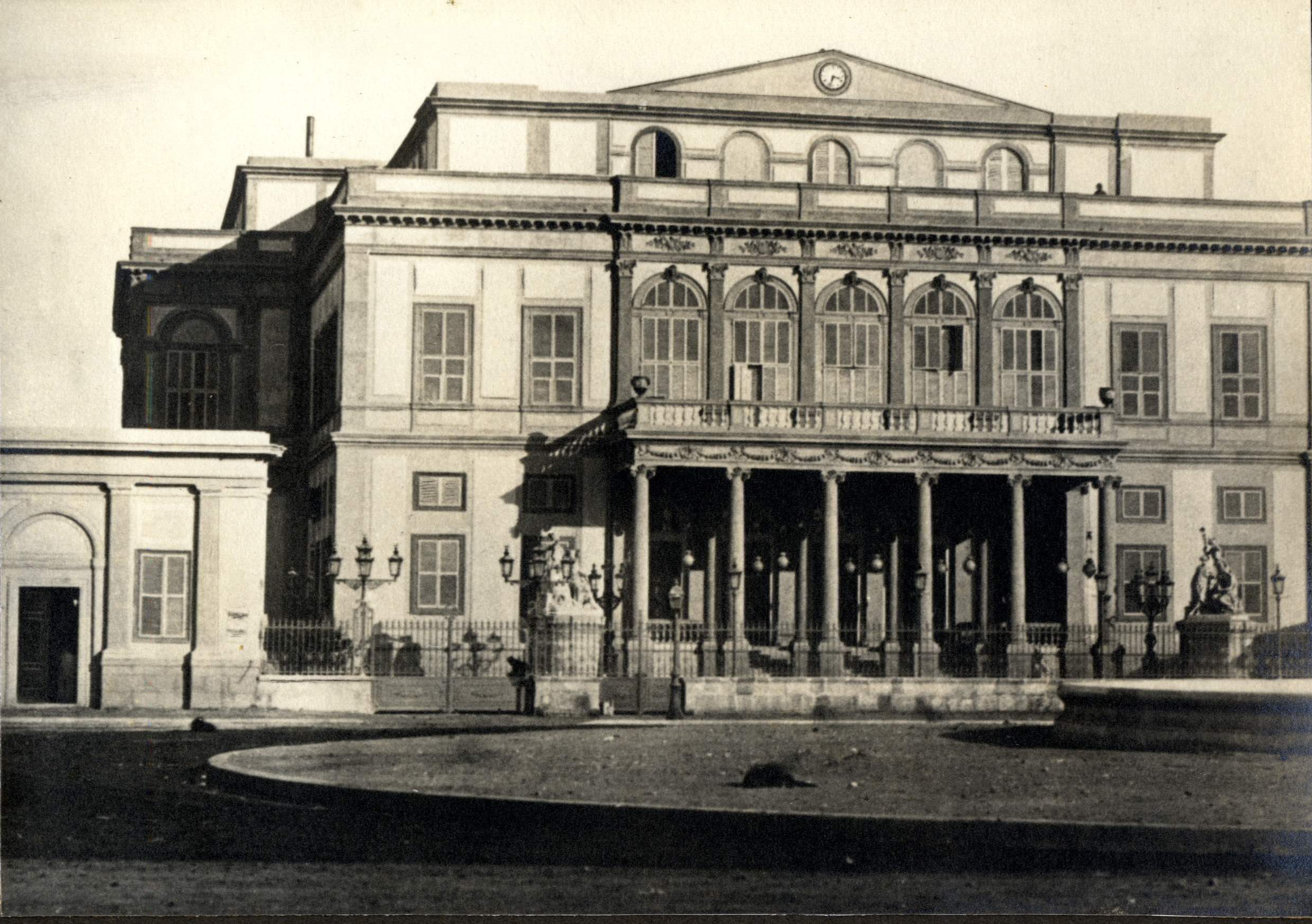
via WikiMedia
The Khedivial Opera House, or Royal Opera House, is one of Africa's oldest opera houses. It was built on the orders of Khedive Ismail to celebrate the opening of the Suez Canal. Designed by Italian architect Pietro Avoscani, the wooden structure seated approximately 850 people and was located between the districts of Azbakeya and Ismailyya in Cairo. Unfortunately, the opera house burned down in 1971, but its legacy continues to resonate in Egypt's cultural history.
First International Film Festival (1976)
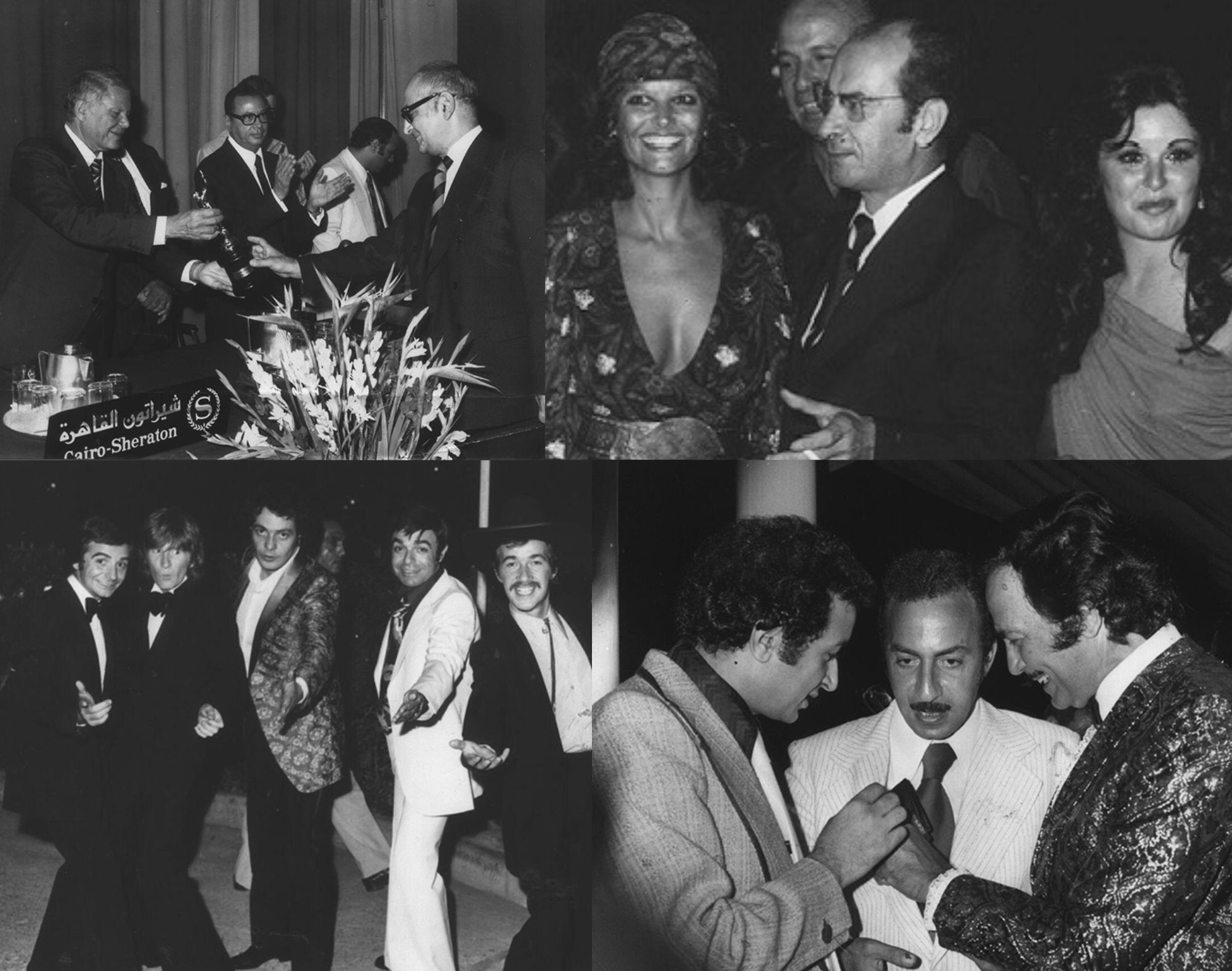
via El Ahram English
The Cairo International Film Festival, launched in 1976, was Egypt's first international film festival. The event featured around 100 films from 33 countries, with 14 films in competition. It was initially managed by the Egyptian Association of Film Writers and Critics before undergoing several organisational changes. Today, the festival remains a significant event in the international film circuit.
First Nobel Prize Winner (1988)
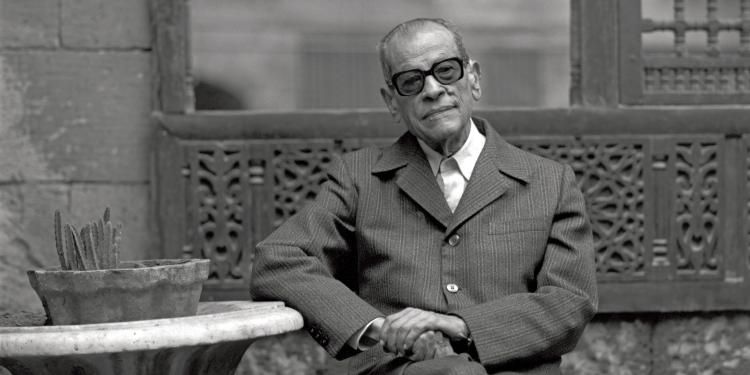
via The Booker Prizes
Naguib Mahfouz, an esteemed Egyptian novelist and screenplay writer, was awarded the Nobel Prize for Literature in 1988, becoming the first Arabic writer to receive this honour. His literary contributions, characterised by profound narratives and rich cultural contexts, earned him global recognition and solidified his legacy in the literary world.
First Heart Transplant (1980)
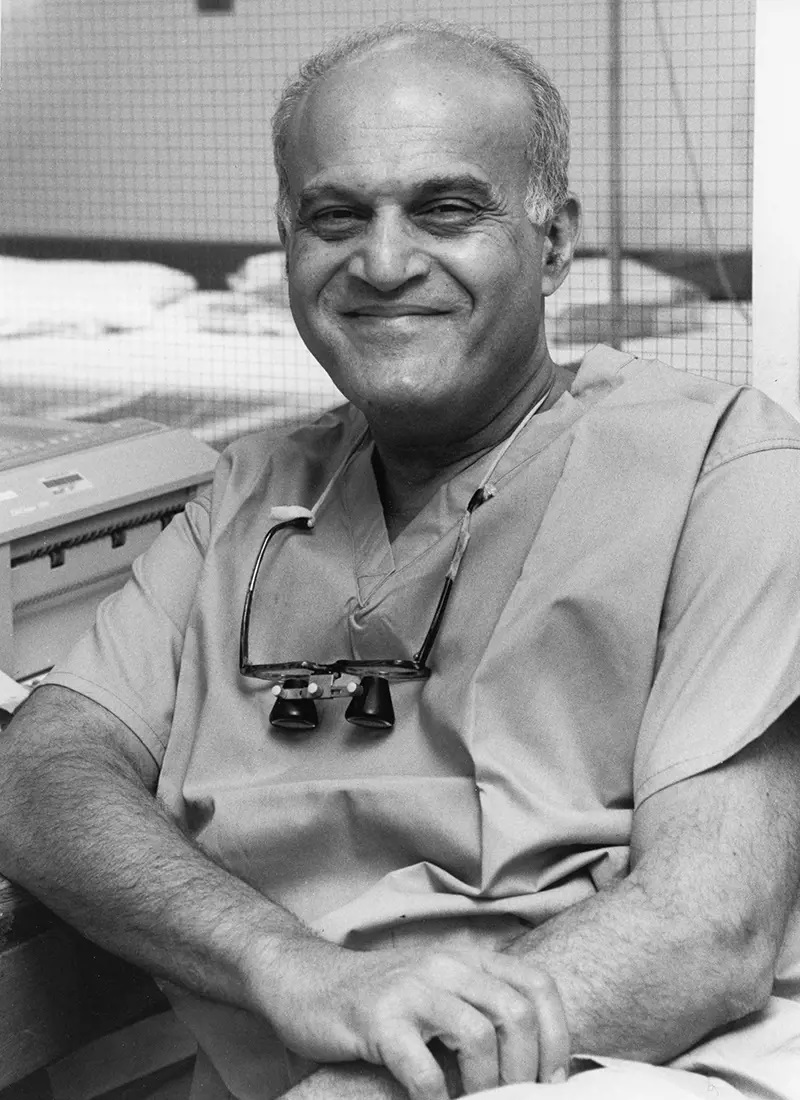
via BMA
In 1980, Dr Magdi Yacoub performed Egypt's first-ever heart transplant surgery on patient Drake Morris, who remarkably lived for 25 years post-operation. This groundbreaking achievement not only advanced medical practice in Egypt but also positioned Dr Yacoub as a pioneering figure in the field of cardiology.
First Undisturbed Pharaonic Tomb Discovered (1922)
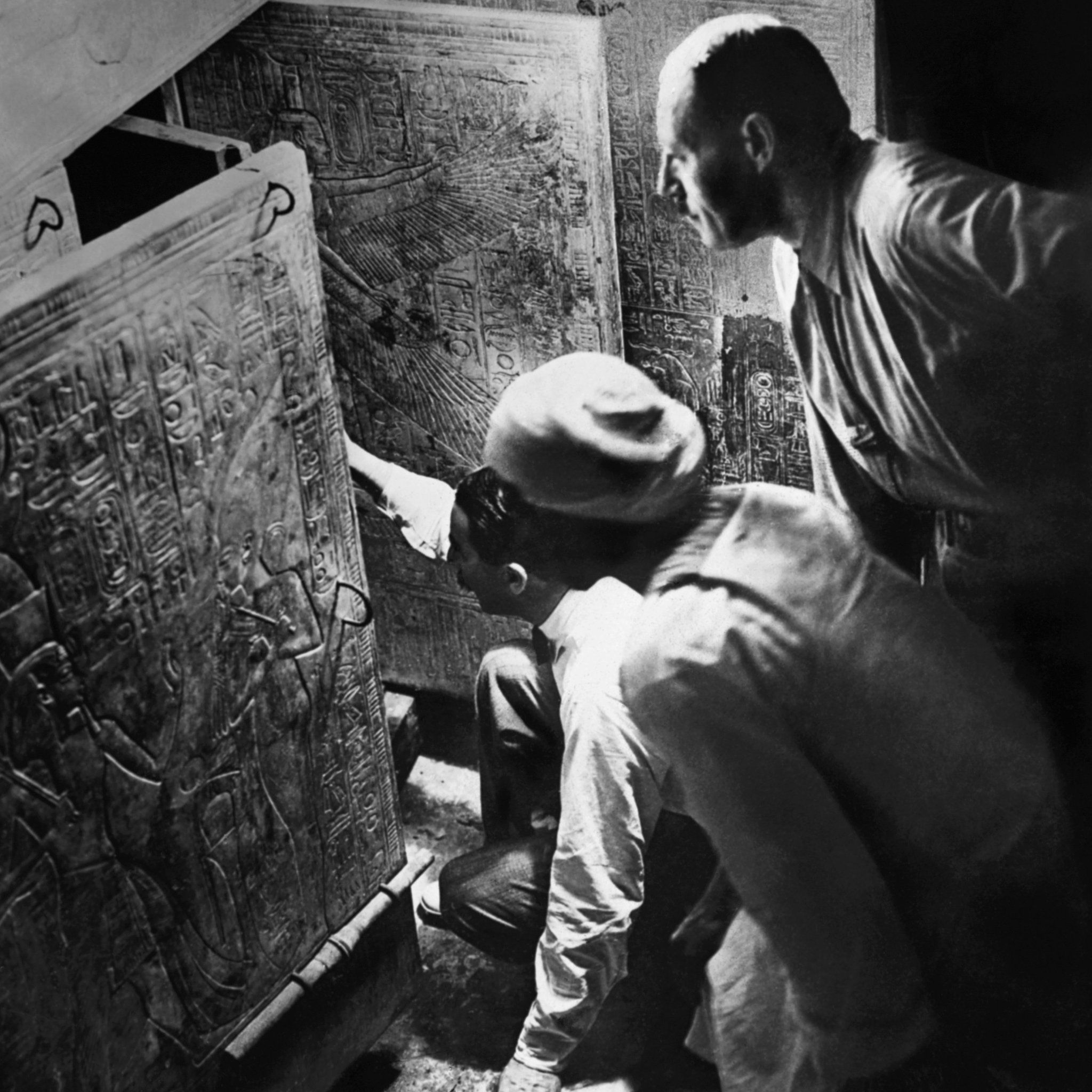
via BBC
Egyptologist Howard Carter discovered the tomb of Tutankhamun in the Valley of the Kings, a monumental archaeological find. Hidden by debris for centuries, the tomb remained largely intact, unlike other pharaonic tombs disrupted by ancient graverobbers. This discovery provided an unparalleled glimpse into ancient Egyptian burial practices and treasures, capturing the world's imagination.
First Published Newspaper (1800)
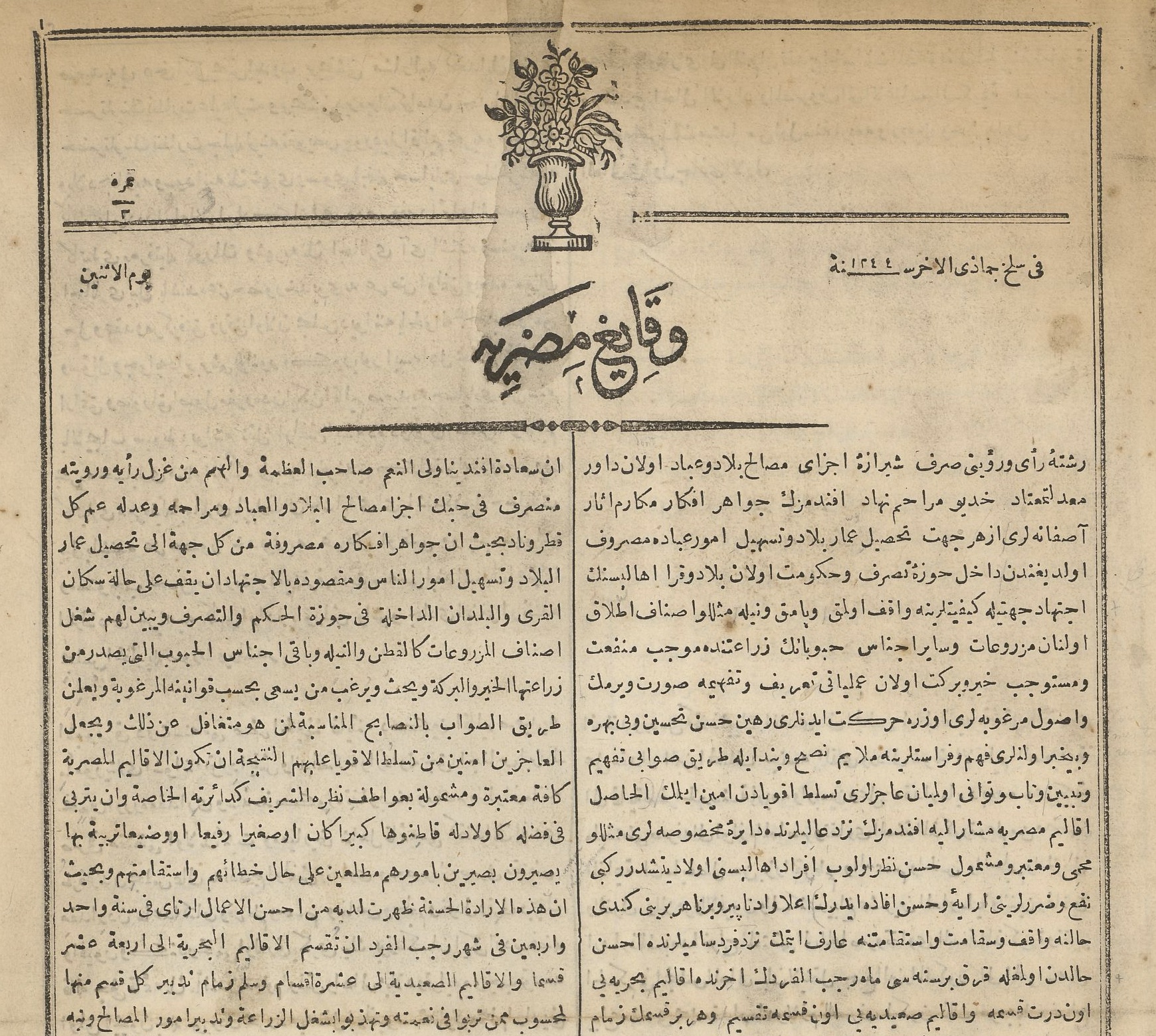
via Duke
In 1800, Egypt saw the publication of its first newspaper in Arabic, El-Tanbih. Although its run was brief, it set the stage for regular periodicals. The first consistently published periodical was the official gazette, El Waqa2e3 El Masreya, which debuted in 1828. This publication marked the beginning of a rich tradition of journalism in Egypt, contributing to the dissemination of news and information.

